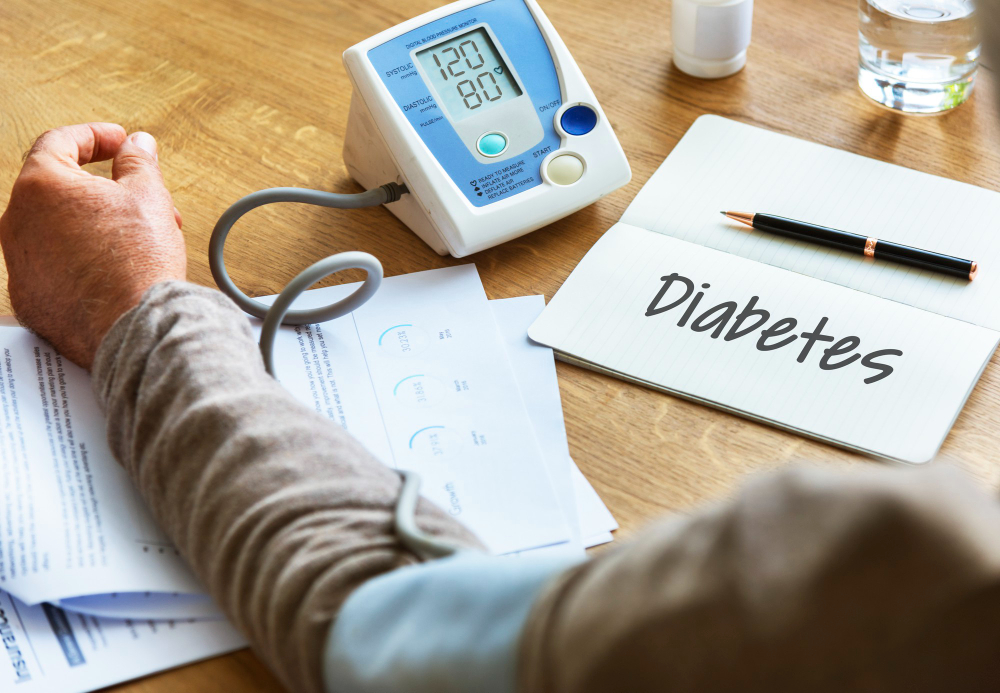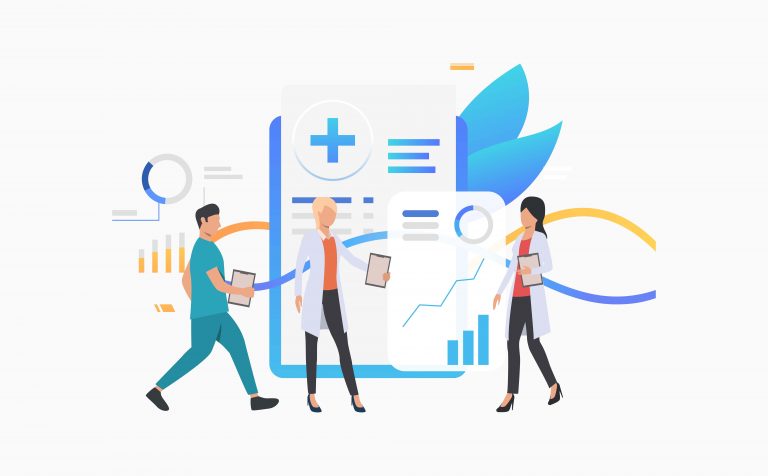Introduction
The landscape of diabetes care is evolving rapidly, and at the forefront of this transformation is the integration of technology, particularly Electronic Medical Records (EMR). Diabetologists, specializing in the management of diabetes, can reap numerous benefits from adopting EMR systems. This comprehensive article explores the top 5 reasons why diabetologists should embrace EMR, offering detailed use cases and examples to demonstrate the real-world impact on diabetes care.
Enhanced Medication Adherence Monitoring With EMR
Example: Intelligent Medication Adherence Alerts
Adherence to prescribed medications is a critical aspect of diabetes management. EMR systems can employ intelligent algorithms to monitor medication adherence. For instance, a patient with type 2 diabetes may be on a complex medication regimen. If the EMR system detects deviations from the prescribed medication schedule, it generates intelligent adherence alerts. Diabetologists can then intervene promptly, addressing the root cause of non-adherence and collaborating with the patient to find effective solutions. This feature not only improves medication adherence but also strengthens the patient-provider relationship, leading to better long-term health outcomes.
EMR For Risk Prediction and Early Intervention
Example: Identifying High-Risk Patients for Cardiovascular Complications
Diabetes is often associated with an increased risk of cardiovascular complications. EMR systems equipped with data analytics can aid diabetologists in identifying patients at high risk for cardiovascular events. For instance, consider a patient with type 2 diabetes who has comorbidities such as hypertension and dyslipidemia. The EMR system can analyze this patient’s data, assess the cumulative cardiovascular risk, and provide risk-stratified recommendations. Diabetologists can then implement targeted interventions, such as lifestyle modifications or the early initiation of cardioprotective medications, mitigating the impact of diabetes-related cardiovascular risks.
Telemedicine Integration for Remote Patient Monitoring
Example: Remote Blood Glucose Monitoring for Elderly Patients
In an era where telemedicine is gaining prominence, EMR systems are essential for remote patient monitoring in diabetes care. Take the example of an elderly patient with diabetes who may face challenges attending in-person visits regularly. EMR systems with integrated telemedicine functionalities enable diabetologists to remotely monitor this patient’s blood glucose levels. This not only reduces the need for frequent in-person visits but also allows diabetologists to intervene promptly in response to any concerning trends. The result is improved accessibility, continuity of care, and a more patient-centric approach to diabetes management.
Patient-Reported Outcomes (PROs) for Holistic Assessment
Example: PROs for Assessing Quality of Life Impact
EMR systems can incorporate Patient-Reported Outcomes (PROs) to assess the impact of diabetes on patients’ quality of life. For example, consider a patient with type 1 diabetes who, in addition to managing glucose levels, is dealing with the psychosocial aspects of the condition. The EMR system can include PRO assessments that capture the patient’s perspectives on daily challenges, emotional well-being, and overall quality of life. Diabetologists can utilize this information to tailor treatment plans that not only focus on glycemic control but also address the holistic well-being of patients. This patient-centered approach enhances satisfaction and engagement in their own care, fostering a comprehensive and empathetic approach to diabetes management.
Streamlined Workflow and Increased Efficiency
Example: Automated Insulin Dose Adjustment and Appointment Reminders
Imagine a diabetology practice utilizing EMR to streamline insulin therapy. The system could automate insulin dose adjustments based on real-time glucose data, minimizing the risk of hypoglycemia or hyperglycemia. Simultaneously, the integrated appointment reminder feature ensures that patients are scheduled promptly for necessary follow-ups or adjustments. This automation not only enhances efficiency but also reduces the likelihood of missed opportunities for intervention in critical phases of diabetes management.
Conclusion
The adoption of Electronic Medical Records (EMR) in diabetology is a pivotal step toward ushering in a new era of precision, accessibility, and patient-centered care. Diabetologists embracing these innovations are not just adopting a new technology; they are becoming pioneers in delivering tailored, effective, and forward-thinking care to individuals living with diabetes. As healthcare continues to evolve, the integration of EMR stands as a beacon, guiding diabetologists towards a future where technology enhances every facet of diabetes care.


